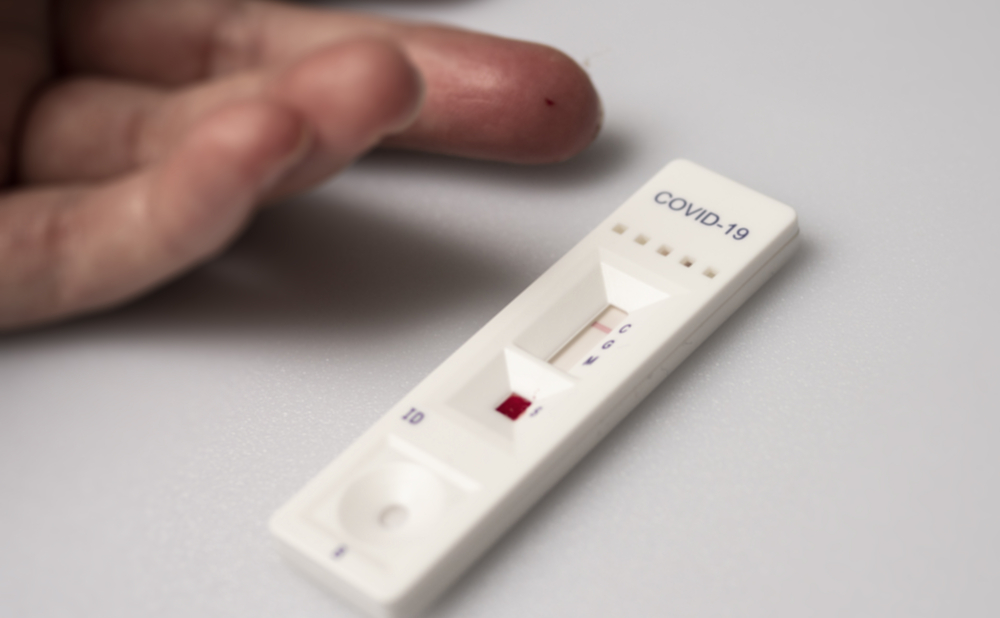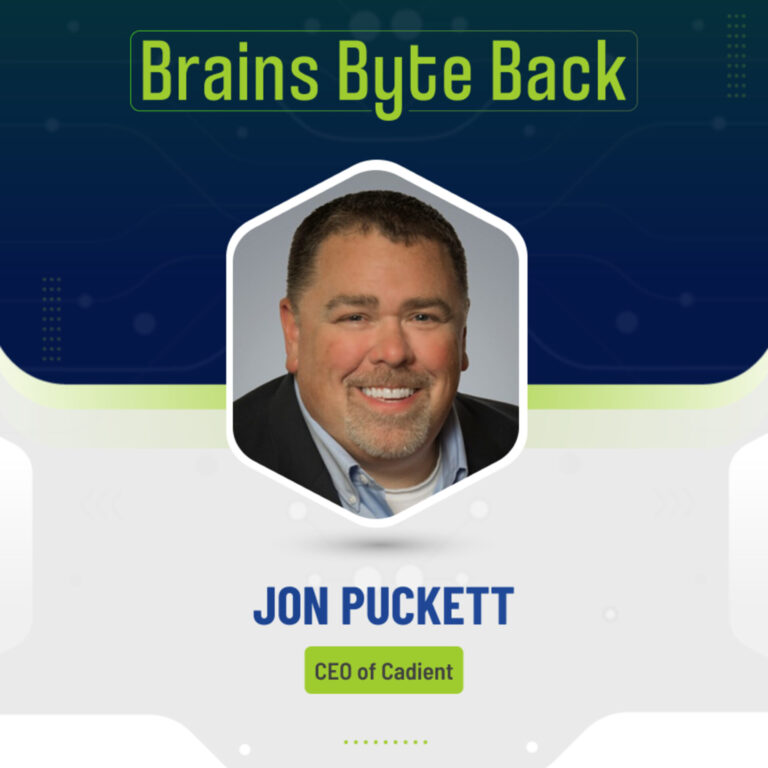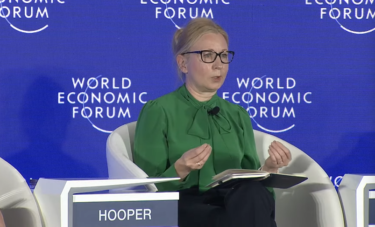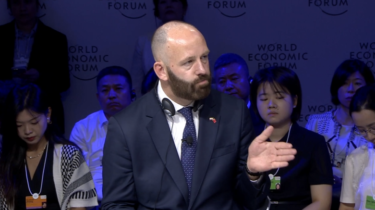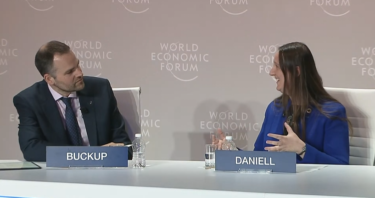Three different types of at-home tests are available for diagnosing COVID-19. Two of them have been FDA authorized for emergency use, but antibody test kits have not.
Last week, the US Food and Drug Association (FDA) issued an Emergency Use Authorization for a second at-home test to diagnose cases of COVID-19.
This test was developed by Rutgers Clinical Genomics Laboratory of New Jersey Medical School, and works using collected saliva samples to detect antigens.
On April 21, the FDA authorized the first emergency use at-home test for the novel coronavirus — a Polymerase Chain Reaction (PCR) test that requires a nasal swab, developed by LabCorp.
Health professionals currently have three different types of tests at their disposal to diagnose COVID-19, all of which test for different things.
- Polymerase Chain Reaction tests, which test for the virus’ genetic material, can detect an active case of SARS-CoV-2, the virus that causes COVID-19. While these tests are very accurate, they take a while — sometimes up to a week — to run. PCR tests take swabs from inside a patient’s nose.
- Antigen tests, which have been developed more recently, can detect fragments of the virus in a sample, also collected via a nasal swab. These tests, which are less expensive to manufacture, also work much more quickly. Compared to a standard pregnancy test, they can detect results in minutes, but have a higher chance of presenting a false negative result.
- Antibody tests (aka serology tests) have yet to receive FDA approval to be performed at home. They can detect if a person has had coronavirus and since recovered. It works using blood samples and tests for antibodies to the novel coronavirus, and therefore some level of immunity. Overall, antibody tests have been deemed less accurate than PCR testing.
The Sociable spoke with a US-based partnership of two telemed startups, Lemonaid and Scanwell Health who have paired up to work on developing an at-home serology test for COVID-19.
Back in March, the team of engineers and healthcare professionals started developing the test, which can be requested by completing an online questionnaire, and then reviewed by a doctor or nurse practitioner.
If appropriate, the healthcare professionals can then order a test for the patient and dispatch it for next-day delivery.
Once the patient receives the test, they must follow instructions on how to administer it at home using the Scanwell Health smartphone app. Patients must prick their fingers to draw blood, which is then tested for antibodies.
Although the company doesn’t currently know how many tests will be available — this will depend on how their antibody research study develops.
Jack Jeng, Scanwell Health’s Chief Medical Officer told The Sociable that the team plans to roll out the test first in areas of the US that have been hardest hit by the virus, such as New York and New Jersey, before expanding to other areas.
The price of the test — which the partnership is offering “at cost” — is a total of $70, including shipping, and Scanwell indicated that US health insurers had expressed interest in providing the test to their members.
If and when it becomes available, before patients consider soliciting the at-home test, there are a few questions worth asking.
1. Is the test authorized?
The Lemonaid and Scanwell team is currently in the process of obtaining emergency use authorization from the FDA, which has so-far authorized just two at-home test kits, neither of which have been serology tests.
In the federal agency’s own words, it is currently “aggressively monitoring the market” for firms marketing fraudulent diagnostic tests for COVID-19, warning of their potential “serious health risks.”
“The US Food and Drug Administration is actively and aggressively monitoring the market for any firms marketing products with fraudulent coronavirus (COVID-19) diagnostic” — FDA
The FDA published a warning about the availability of fraudulent test kits at the end of March, encouraging the public to report any they come across to the agency, which is part of the Department of Health.
2. How accurate is the test?
The lack of research around antibody testing for coronavirus has made it very difficult for Lemonaid and Scanwell to come to any conclusions about the test’s accuracy.
Although Jeng and his team expect the sensitivity of the test to be 87% and the specificity to be close to 100%, they will not know until exactly until the team’s clinical trial and validation studies are complete.
“There is no gold standard serology test,” Jeng said.
It is also important to remember that antibody testing does not recognize active cases of COVID-19, but only recognizes those who have recovered from or are not currently infected with the virus.
While Jeng hopes that antibody testing “may be a helpful tool to determine full or partial immunity to the novel coronavirus,” he admits that “more research is needed.”
“There is no gold standard serology test” — Jack Jeng
According to information published by the United Nations World Health Organization (WHO), there is currently no current evidence which shows that people who have recovered from COVID-19 and have antibodies are protected from becoming infected again.
The agency later tweeted that the antibody response from patients who have experienced the virus will generate is expected to provide “some level of protection,” but it is unknown for how long it will last.
Lemonaid and Scanwell expect this information to be available before they launch their at-home test.
3. Who benefits from the test and how?
Individuals
The target demographic for this test is “anyone [over the age of 18] who thinks they may have been exposed to coronavirus or had COVID-19,” marketing consulting at Scanwell Health Candace Kim told The Sociable.
“Patients may be interested in our test because of the low cost and convenience of testing at home,” added Jeng.
Healthcare professionals
“Testing at home has many other benefits, like reducing the risk of transmitting the virus if you are infected or becoming infected by others while sitting in a waiting room,” he said. “You also won’t tie up resources at a physical healthcare facility, allowing the providers there to focus on more urgent cases,” Jeng told us.
“Finally, by testing at home, the healthcare worker will not need to wear personal protective equipment to administer the test, which is important because PPE is in short supply at many places.”
Lemonaid-Scanwell
Although the telemed duo “do not plan on profiting from the pandemic,” and claim the test is priced “at cost,” the pricing breakdown — which is available on the test website — indicates that the online consultation with a healthcare professional is priced at a total of $25 dollars. The labor cost is priced at $10.
“We do not plan on profiting from the pandemic” — Jack Jeng
Federal health agencies
The FDA has claimed that it “sees the public health value in expanding the availability of COVID-19 testing through safe and accurate tests that may include home collection.”
For this reason, the agency is working with test developers to provide them with emergency use authorization to send their tests out to patients.
4. Where will the results go?
While test results will always be sent back to Lemonaid, who will notify the patient of their result as well as discussing follow-up steps, whether these results will be shared out even wider is still unknown.
When it comes to results — especially if they can shed some light on immunity to the virus — they will be very useful for governments and public health authorities when making decisions on how to contain the spread of the novel coronavirus.
“Our approach … will allow for more effective contact tracing and containment efforts,” Jeng said.
However, whether Lemonaid will be required to share results with local, state and public health authorities, Jeng admitted, “depends on where patients live and what the results are.”
While the test remains in the process of soliciting authorization, the answers to these questions should only be of concern to the two startups developing the test.
But once it comes onto the market, it should fall on patients to decide.



